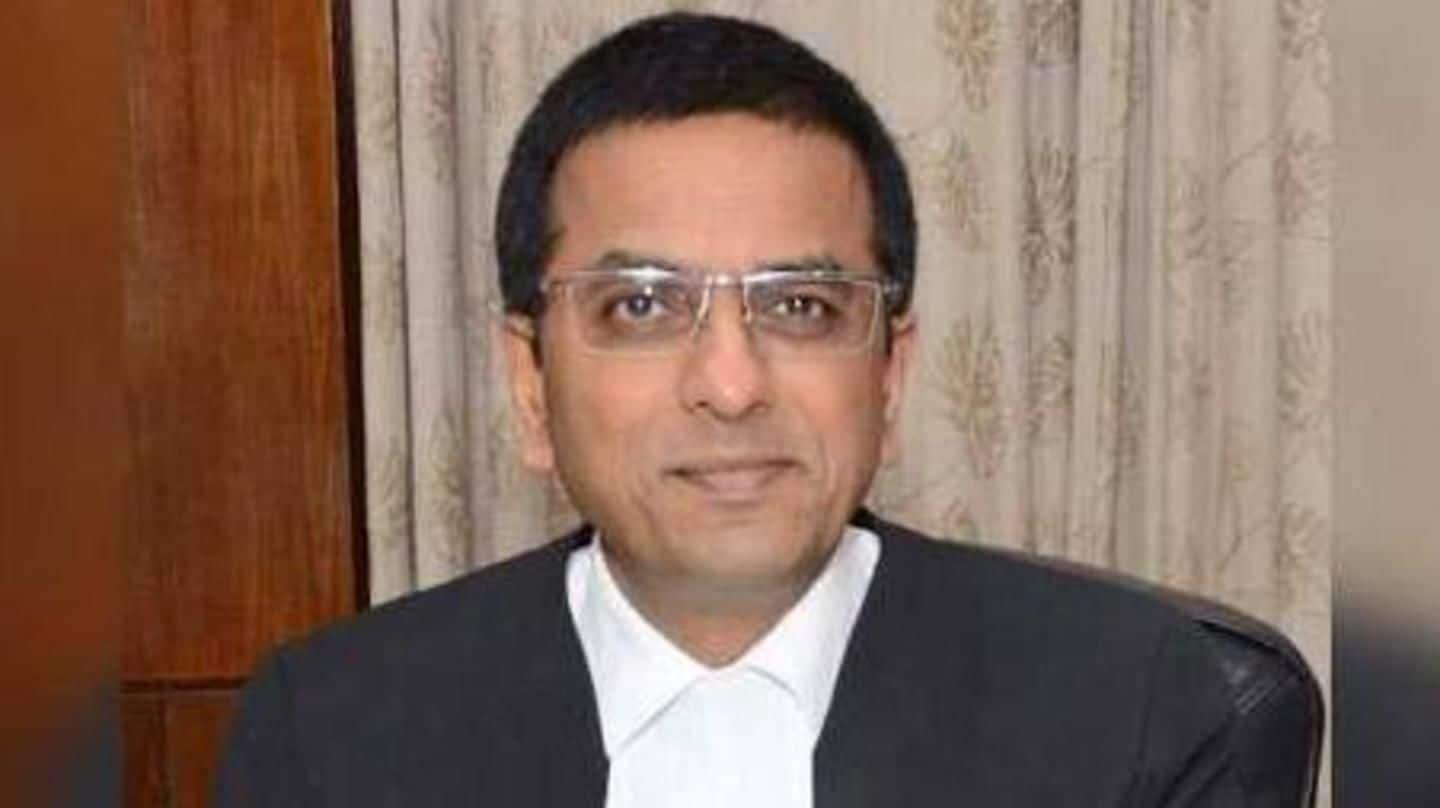
#AadhaarVerdict: Justice Chandrachud, sole dissenting judge, highlights the program's flaws
What's the story
The sole dissenting judge in Aadhaar verdict, Justice DY Chandrachud called the Aadhaar Act unconstitutional and said passing it as a Money Bill was a fraud.
On Wednesday, the five-judge bench ruled 4:1 on Aadhaar. The apex court upheld the legality of the program, but not without conditions.
Giving a minority opinion on the matter, Justice Chandrachud said the programme violated 'Right To Privacy'.
Do you know?
Who were the justices on the bench?
The five-judge bench headed by Chief Justice of India Dipak Misra, comprised Justices A K Sikri, A M Khanwilkar, DY Chandrachud and Ashok Bhushan. Reading the majority judgment, Justice Sikri noted the Aadhaar program helped the marginalized, but added private companies can't ask for it.
Money bill
Aadhaar Act as Money Bill violates the Constitution: Justice Chandrachud
Passing the Aadhaar act as a Money Bill means it doesn't need to go through Rajya Sabha and can be passed in the Lok Sabha itself.
About this, Justice Chandrachud said, "Superseding the authority of Rajya Sabha constitutes as a fraud on Constitution."
"If the Constitution has to survive political aggrandizement, notions of power and authority must give compliance to the rule of law," he added.
Dissent
Aadhaar violates privacy, notes Justice Chandrachud
Justice Chandrachud was also of the opinion that the Aadhaar program violated essential elements of privacy and data protection.
It should be noted that he was a member of the nine-judge bench which had ruled privacy as a fundamental right in 2017.
Justice Chandrachud said Aadhaar had potential of surveillance. "Constitutional guarantees cannot be compromised by vicissitudes of technology," he added.
What he said
Further, he wants mobile companies to delete data
Further, the sole dissenting judge favored deletion of Aadhaar data collected by mobile companies.
He also spoke about the discretionary power of the UIDAI. He said, "Dignity of rights and individuals can't be based on an algorithm, rights of the 2 billion people cannot be tested as a mere contract."
He pointed out UIDAI and Centre failed to satisfy tests of 'necessity and proportionality'.
Flaws
Everything that's wrong with Aadhaar, gets underlined by Justice Chandrachud
Highlighting the flaws of the Aadhaar program, Justice Chandrachud noted a robust mechanism for informed consent wasn't provided by the Act, and that it was silent on liability.
He also said little was known on how to update biometric information if there was a mismatch.
"Aadhaar project has failed to account for flaws which have led to exclusion of eligible beneficiaries," he said.
Violations
Justice Chandrachud explains how Aadhaar Act violates Indian Constitution
According to Justice Chandrachud, Section 57 of the Aadhaar Act violated Articles 14 of 21 of the Indian Constitution.
About Section 7 of the Aadhaar Act, he said, "Section 7 enables the government to regulate its every interaction with citizens. It suffers from "overbearing" nature. Section 7 is arbitrary and violative of Articles 14 and 21."